Institute focuses on stopping encroaching sand
Updated: 2015-07-30 07:56
By Zheng Jinran in Ordos, Inner Mongolia(China Daily)
|
||||||||
A new global desertification control action plan focuses on creation of an institute that could develop best practices for ecological restoration and share those with developing countries struggling with encroaching sand.
The Kubuqi Global Desert Institute will be set up with the cooperation of the United Nations Convention to Combat Desertification and built into a leading training center within five years, according to the plan approved on Wednesday.
Worldwide, deserts are increasing by 50,000 to 70,000 square kilometers annually, the plan notes.
The initial plan is to organize one or two annual sessions at the institute in the Kubuqi Desert of the Inner Mongolia autonomous region to train 10 to 15 professionals in desertification control in developing countries.
The Kubuqi Action Plan of Global Desertification Control (2015-25) was passed at the Fifth Kubuqi International Desert Forum, which ended on Wednesday, in Ordos, Inner Mongolia, said Wang Wenbiao, the forum's secretary-general and chairman of Elion Resources Group.
The action plan is one of the initiatives supported by the UN convention. It includes targets to improve technology management around the world, especially in developing countries along the Silk Road Economic Belt, which runs through Asia to Europe.
It will promote a public-private partnership to encourage the participation of enterprises and individuals. Wang's company, for example, says it will finance the planting of 130 million trees along the belt in the next three to five years.
Desertification is a thorny problem that faces many countries. Over 110 countries are beset by desertification, which costs them up to $50 billion annually and affects the livelihoods of about a billion impoverished people.
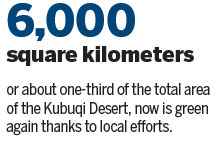
However, there is still hope for the growing global population as more than 2 billion hectares of degraded land can be restored, said Jia Xiaoxia, head of the Desertification Control Bureau under China's State Forestry Administration, who attended at the forum.
More than 6,000 square kilometers, or one-third of the total area of the Kubuqi Desert, now is green again thanks to local efforts to replant the desert over the past 30 years, Inner Mongolia Daily reported on Wednesday.
In the action plan, desertification efforts adopted by Wang's Elion Resources Group in the Kubuqi Desert were listed as an effective example.
The company has taken comprehensive measures over the past 27 years to grow plants in the desert to improve land quality, engage local residents and sell products for profit.
"We will promote the examples to developing and developed countries as well to help them learn more effectively from the experiences," said Yukie Hori, a UN desertification spokeswoman at the forum.
zhengjinran@chinadaily.com.cn
(China Daily 07/30/2015 page3)
- 38.7b yuan in State assets recovered in campaign
- China closely watches recovery of Boeing debris: spokesman
- Netizens question narrative of human trafficking victim turned model teacher
- Jing-Jin-Ji project gathers momentum as young people return
- Only living panda triplets celebrate first birthday
- Mother's death prompts escalator safety campaign

 US Marines Corpos soldiers demonstrate martial arts
US Marines Corpos soldiers demonstrate martial arts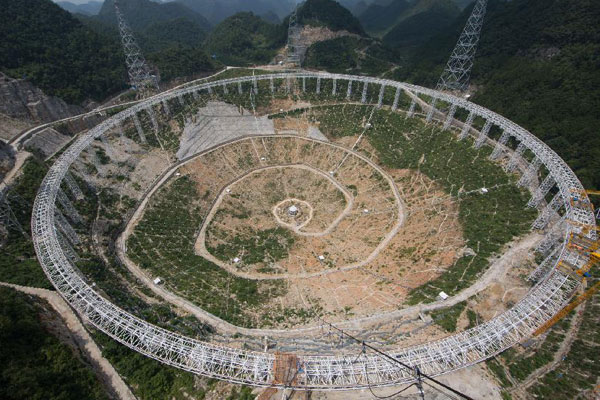
 World's largest radio telescope being built
World's largest radio telescope being built Elvis Festival pays tribute to the King of Rock 'n' Roll
Elvis Festival pays tribute to the King of Rock 'n' Roll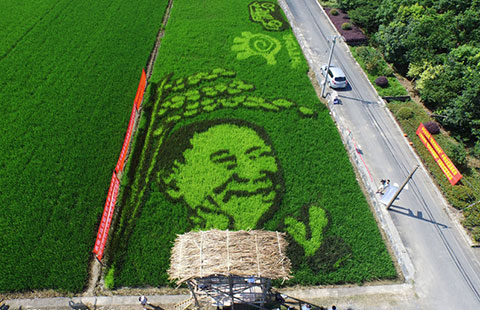
 Four-color rice turns paddy field into artwork
Four-color rice turns paddy field into artwork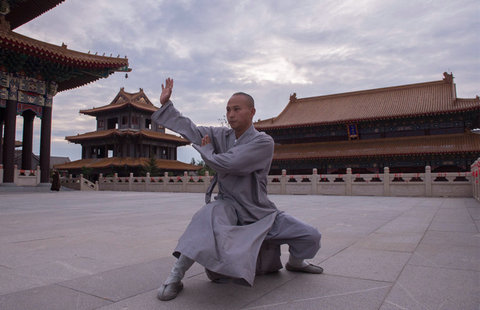
 Images capture modern life of a warrior monk
Images capture modern life of a warrior monk
 The world in photos: July 20 - 26
The world in photos: July 20 - 26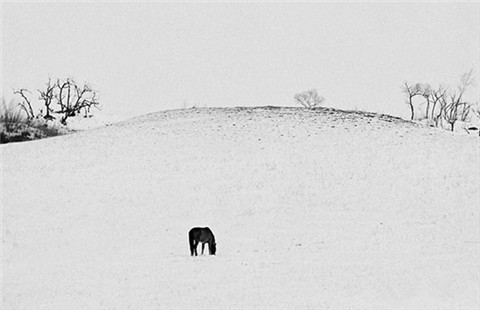
 Amazing landscape of China in white and black
Amazing landscape of China in white and black
 Across America over the week (July 17- July 23)
Across America over the week (July 17- July 23)
Most Viewed
Editor's Picks

|

|

|

|

|

|
Today's Top News
Embassy continues its work in aftermath of car bombing
Netizens pack heavy wallets
Delta's stake in China Eastern boosts partnership
Beijing condemns Somali attack, mourns deaths
Panda 'fakes pregnancy' to get better living conditions
China eyes deepened cooperation with overseas NGOs
Monster Hunt breaks Chinese box office record
Olympic bid panel cites city's merits
US Weekly

|

|






